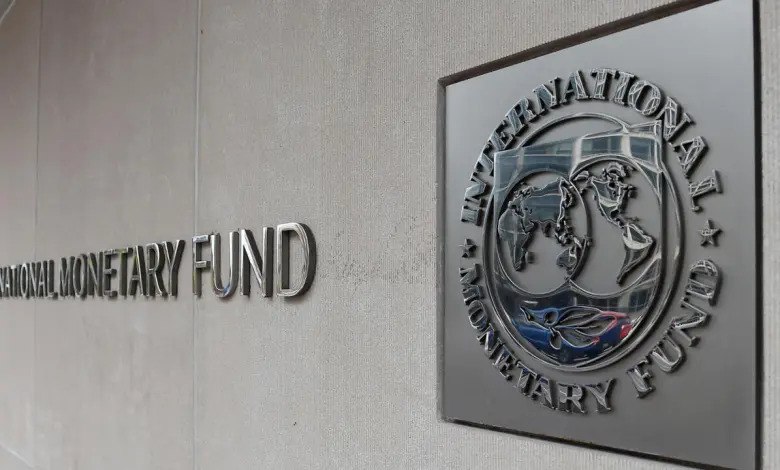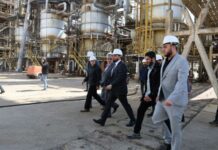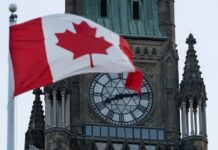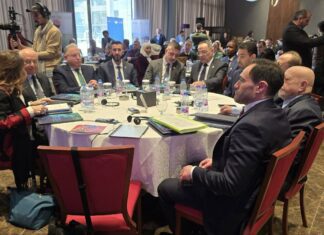
In a development that marks the first time in 16 years, an International Monetary Fund (IMF) mission concluded a historic visit to Damascus, during which it discussed a roadmap for economic reform and confronting the enormous challenges left behind by years of conflict with the new Syrian authorities.
Grave Challenges and a Painful Reality
The statement issued by the mission, headed by Ron van Rooden, described the situation in Syria as tragic. With features including a sharp economic deterioration, the displacement of more than 13 million people—nearly half of Syria’s population—a complete collapse in the gross domestic product (GDP), and unprecedented levels of poverty. The mission also noted the widespread destruction of infrastructure, the weakness of state institutions, and the disruption of basic services essential for a decent life.
A Roadmap for Reform and International Recognition
The Fund affirmed that the new Syrian authorities are “committed to restoring economic growth and improving the people’s living standards,” expressing its conviction that they “intend to pursue sound economic policies.” The statement indicated that these steps constitute a necessary foundation for achieving sustainable economic recovery, especially with the return of refugees.
The mission’s discussions focused on short-term priorities, including financial management through the adoption of the remaining 2025 budget, revenue mobilization through modernizing tax and customs systems and strengthening financial oversight.
The roadmap also included monetary stability by empowering the Central Bank to ensure price stability and restore confidence in the Syrian pound (SYP), adopting a new monetary framework and reforming the banking sector by rehabilitating payment and banking systems, strengthening anti-money laundering, and seeking to reconnect with the international financial system.
Other priorities include supporting basic services by ensuring funding for government salaries, health and education services, and assisting the most vulnerable. Improvement of the business climate by addressing obstacles to market-based private sector growth and attracting investment are also key to growth. Finally, strengthening data by rebuilding the capacity of the Central Bureau of Statistics to provide data support for policymaking.
Urgent International Appeal and IMF Commitment
The IMF warned that the success of these efforts “will require strong international support,” stressing the need for financial support under highly concessional terms given Syria’s challenging external financial constraints. They also emphasized capacity building through broad technical assistance via modernize key economic institutions (finance, central bank, statistics) and legacy systems.
The IMF announced the start of work with the Syrian authorities to develop a “detailed roadmap” for reform and capacity building, emphasizing close coordination with other development partners to ensure effective support that takes into account existing absorptive capacities.
This visit, the first since 2009, represents an important signal of renewed engagement with Syria in the international financial community. However, the success of any reform depends on positive international intentions being translated into tangible support that helps Syrians overcome years of devastation.








